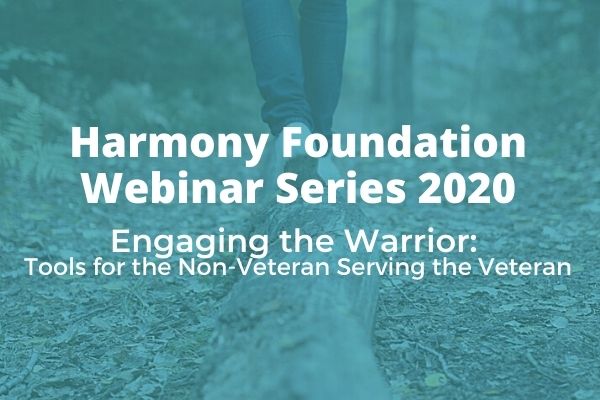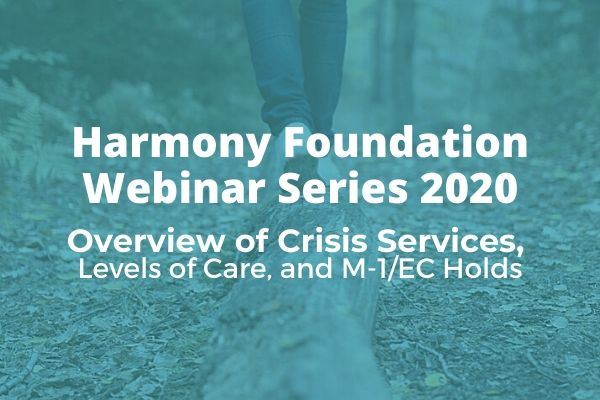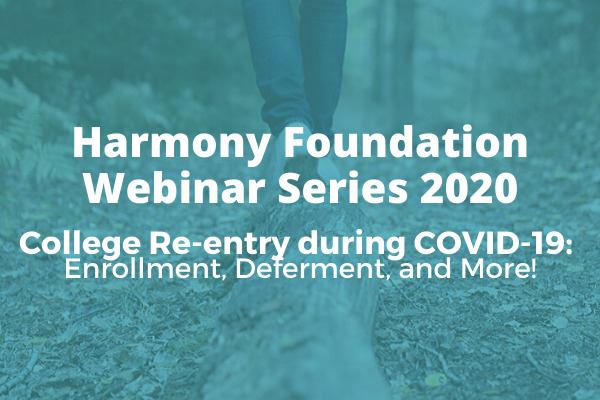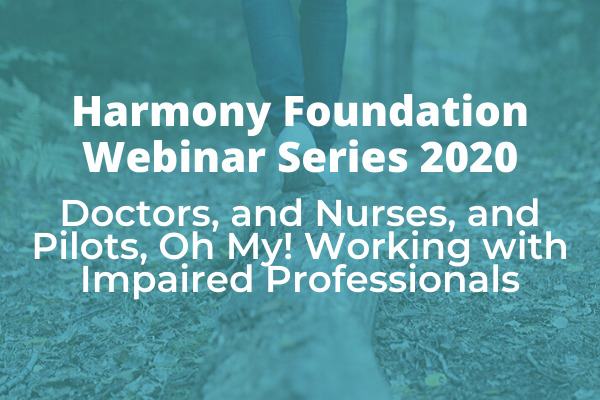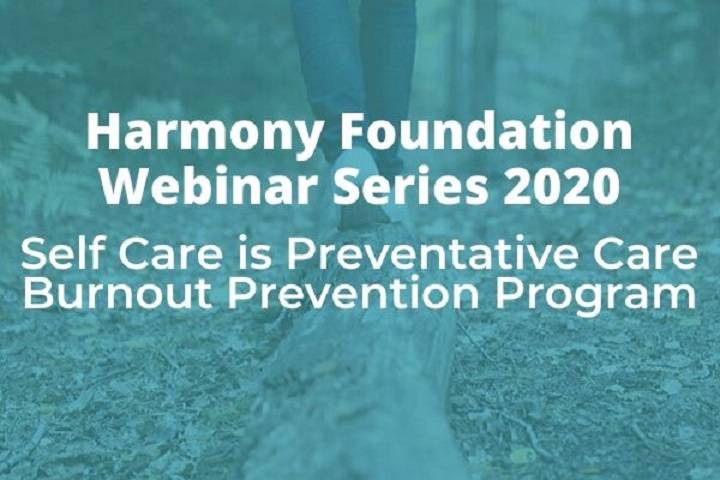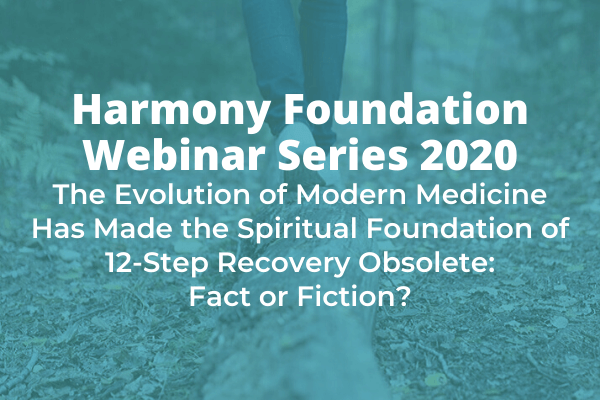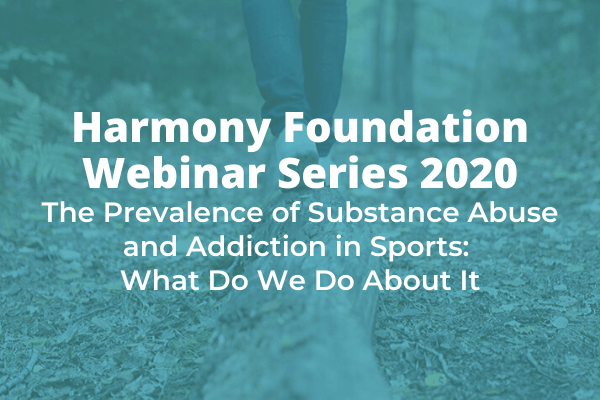*This presentation is no longer eligible for the 1 CE credit*
Currently there are approximately 18.5 million military veterans in the United States. Only 9 million seek services through Veteran Health Administration. Substance use disorders (SUDs) are a significant problem among military veterans and are associated with numerous harmful effects including physical and mental health. Continue reading “Engaging the Warrior: Tools for the Non-Veteran Serving the Veteran”


